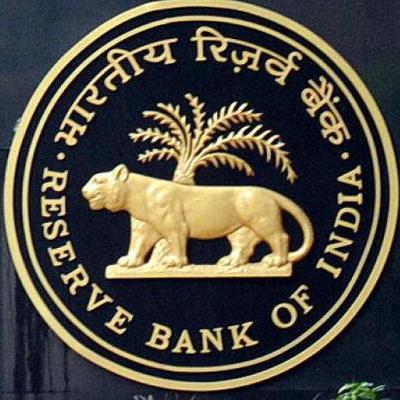The Reserve Bank of India’s (RBI) Monetary Policy Committee (MPC) begins its three-day meeting today, with analysts predicting that the central bank will keep the repo rate unchanged at 6.5%. The decision will be closely monitored as it carries significant implications for the country’s financial stability and growth.
Given the prevailing inflationary trends and the global economic landscape, market experts believe that the RBI’s decision will focus on maintaining stability. A stable repo rate is crucial for controlling lending rates, which directly impact consumer spending and corporate investments.
The real estate sector, in particular, is watching the MPC’s decision closely, with many anticipating a potential rate cut in the near future. The sector has shown resilience, but industry leaders emphasize that a reduction in the repo rate could provide a much-needed boost, especially for homebuyers in the affordable housing segment.
Industry Reactions to the Upcoming Decision
Manoj Gaur, CMD of Gaur Group and President of CREDAI NCR, stated that if the RBI maintains the repo rate, it will offer stability to the real estate market, helping build confidence among both developers and homebuyers. He added that while a rate cut could relieve homebuyers, particular attention must be given to the affordable housing segment.
Pradeep Aggarwal, Founder and Chairman of Signature Global (India) Ltd., echoed these sentiments, pointing out that the stability in the monetary policy has contributed to India’s resilience amid global uncertainties. He believes that any easing of interest rates could further stimulate the demand for housing, particularly in urban areas.
Amit Modi, Director of County Group, expressed optimism about a potential rate reduction, especially for the affordable housing market. He noted that while the luxury housing market may not see significant changes, a rate cut could reignite demand in the mass housing sector.
Impact on Homebuyers and Investors
Sanjay Sharma, Director of SKA Group, emphasized that a reduction in the repo rate would make home loans more affordable by lowering EMIs, thereby making homeownership more accessible. This, he argued, would not only strengthen consumer confidence but also accelerate growth in the real estate sector.
Rajjath Goel, Managing Director of MRG Group, pointed to the impressive 32% surge in housing prices in Delhi-NCR, attributing it to large-scale infrastructure projects and increasing buyer sophistication. He said that a rate cut would bring further stability to the market and attract long-term investments.
Mohit Kalia, Vice President of Raheja Developers, expressed similar views, stating that a reduction in the repo rate would ease the burden on homebuyers and stimulate investment. He added that such a move could help stabilize real estate prices, which have been fluctuating in recent months.
Sectoral Growth and Future Prospects
Dr. Gautam Kanodia, Founder of KREEVA and Kanodia Group, said that lower interest rates would act as a catalyst for further housing demand, particularly in emerging markets and smaller cities. This, he believes, would strengthen the housing sector’s growth trajectory.
Saurabh Saharan, Group Managing Director of HCBS Development, highlighted that the stability in the market over the past two years, driven by the RBI’s consistent approach, had been crucial for investor and homebuyer confidence. He is hopeful that a potential rate reduction would further encourage people to enter the market.
Ravindra Gandhi, Managing Director of Tirasya Estates, noted that the real estate sector had flourished, particularly in Tier-2 cities like Goa, Lucknow, and Chandigarh. He said that any move by the RBI to reduce or maintain the rate would continue to foster growth in these emerging markets.
Overall Economic Impact
Experts agree that the RBI’s upcoming decision will be pivotal not only for the real estate sector but also for the broader economy. The potential for a rate cut is seen as a step toward fostering economic growth, particularly in sectors like infrastructure and housing, which are key drivers of India’s economic progress.
Piyush Kansal, Executive Director of Royale Estate Group, suggested that the real estate sector had benefited from RBI’s positive stance in the past two years. If the RBI decides to lower rates, it would not only ease the financial burden on homebuyers but also stimulate the overall market, benefiting developers, investors, and consumers alike.
Ashwani Kumar of Pyramid Infratech added that a reduction in the repo rate would help enhance market liquidity and investor confidence, promoting long-term economic stability in the real estate sector.
Looking Ahead
As the RBI prepares to make its announcement, businesses and investors are staying vigilant, planning for the potential easing of financial conditions. The real estate sector is particularly focused on the implications of any rate changes, with many hoping for a move that will further fuel the sector’s ongoing growth.
While the RBI’s decision remains uncertain, the outcome of this MPC meeting is expected to have lasting effects on the Indian economy, particularly in real estate and housing markets, which are closely linked to consumer sentiment and investment patterns.
Also Read: RBI’s Upcoming Monetary Policy Announcement: Implications for the Housing Market









